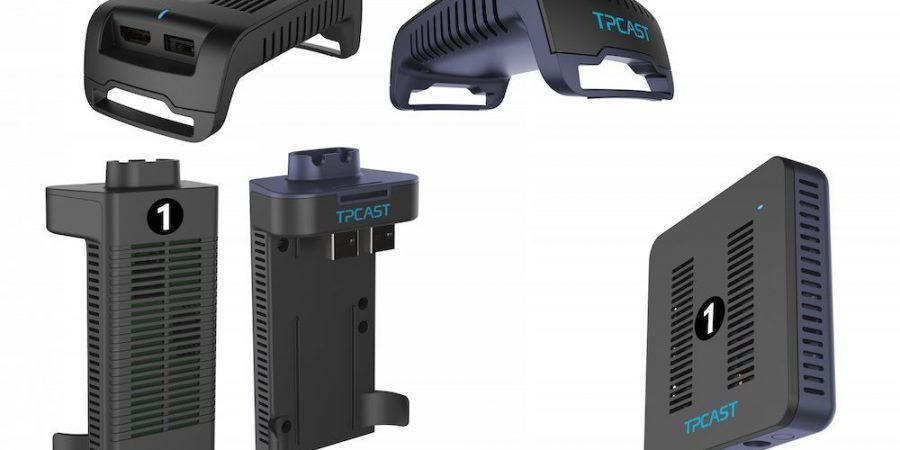More companies are looking towards location-based entertainment to make money for VR (virtual reality). Since TPCAST Air is designed for multi-user applications, it serves the purpose.
Able to display PC VR apps wirelessly on standalone VR headsets by utilizing regular Wi-Fi networks, the solution is based on TPCAST’s real-time codec technology. Currently, it supports headsets like Oculus Go, but in the future, TPCAST will add support for Oculus Quest too.
Due to TPCAST Air’s ability to be used with standalone headsets, VR arcades don’t require backpack computers to achieve mobile VR. This helps in reducing capital and operational investment. The backpack PC’s are generally difficult to set up and run. So, once these are removed, the whole system becomes easier to manage and run. Also, there’s a nice reduction in the cables.
TPCAST Air utilizes the same software infrastructure as Unity and Unreal Engine so that there is no lengthy migration process for developers. The system runs SteamVR and supports all SteamVR apps. The system is provided with an enterprise VR management suite that enables system administrators to manage multi-user solution very easily. Moreover, this optimizes the wireless performance too.
For more updates about the latest VR trends and technologies, stay tuned to our blogs.








